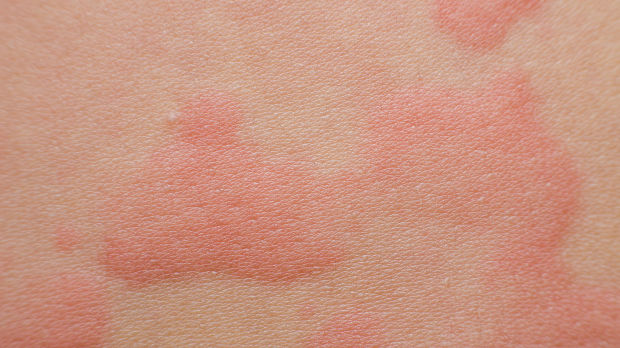
Is Dapsone an Effective Second Line Treatment for Chronic Spontaneous Urticaria?
Chronic spontaneous urticaria (CSU), is a condition that is both disabling and common. The first line treatment is with second-generation H1-antihistamines, often at high doses, but this treatment fails to get a complete resolution in symptoms in up to half of patients. A recent study conducted at a referral center for CSU patients examined whether dapsone, a sulfone antibiotic with antimicrobial and anti-inflammatory properties, was effective when used in this population.
The authors conducted a retrospective medical record review of 79 patients with CSU who were treated with dapsone. Response to dapsone therapy was evaluated using patient interviews and examination. Improvement was specified as a decrease in itching, a decrease in the duration and number of wheals, a decrease in the number and frequency of CSU episodes, or a decrease in systemic symptoms. Patients were considered to have a complete response if there was a complete absence of urticaria, angioedema, and systemic symptoms, and sustained complete response was defined as two or more consecutive months of complete response.
The results showed that with a mean dose 118mg/d over a mean of nine months of therapy, 78% of patients experienced improvement. Relief came quickly, within one month for many patients and almost half of those patients experienced a complete response after an average of five months of therapy, and 93% of those patients had a sustained complete response.
The authors conclude that for those patients who cannot tolerate first-line treatment, or who do not get complete relief, dapsone is an effective and well-tolerated second-line therapy.
Byline: Martha L. Sikes, MS, RPh, PA-C
Posted: February 14, 2019
Source: JAMA Network
Adapted from the original article.
[Image: khlungcenter / Shutterstock.com]







